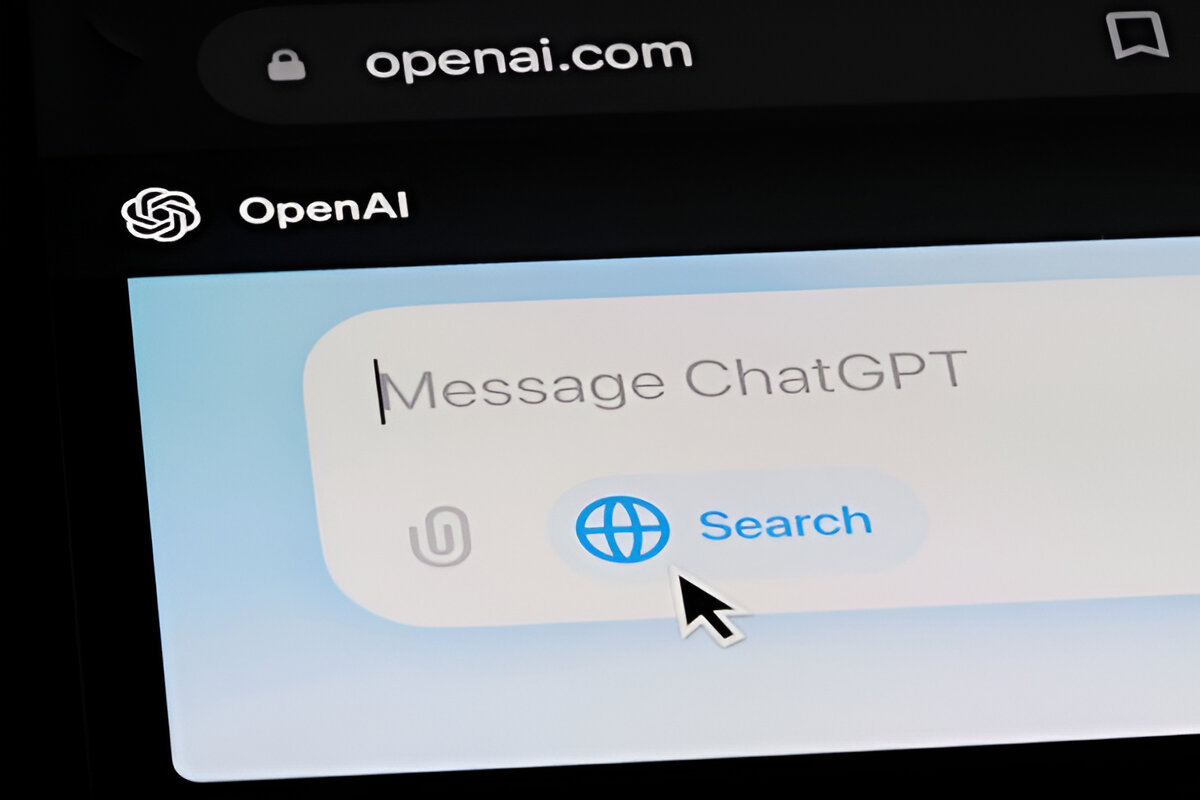The way people communicate across the globe has changed dramatically with the rise of artificial intelligence (AI). One of the most influential AI tools in this transformation is ChatGPT, a language model that enables seamless interactions between individuals, businesses, and communities worldwide.
ChatGPT is breaking language barriers, improving accessibility, and revolutionizing professional and cultural communication. But how exactly does it impact global communication? This article explores its role in shaping cross-border conversations, its advantages, challenges, and what the future holds for AI-driven interactions.
Breaking Language Barriers
One of ChatGPT’s most significant contributions to global communication is its ability to bridge linguistic gaps. In a world where over 7,000 languages are spoken, language differences have long been a major hurdle to effective communication. AI-powered tools like ChatGPT provide real-time translation and multilingual support, making it easier for individuals and businesses to connect across different linguistic backgrounds.
Impact on Business and Trade
- Companies using AI-powered chatbots can now offer 24/7 customer support in multiple languages, improving customer satisfaction and engagement.
- Cross-border e-commerce has expanded as AI tools help brands localize content without hiring expensive translation services.
- Multilingual AI assistants enable businesses to negotiate deals, handle inquiries, and build international partnerships more efficiently.
Impact on Education and Learning
- Students can use AI tools to translate study materials and receive explanations in their native language.
- Language learners benefit from ChatGPT’s interactive conversations, helping them practice and improve fluency.
- Online courses and educational platforms integrate AI-driven chat assistants to provide instant support across different languages.
With AI models becoming more sophisticated, the future of language inclusivity looks promising. However, accuracy and cultural nuances remain challenges that need ongoing improvements.
Enhancing Accessibility and Inclusion
Communication should be inclusive, regardless of physical abilities or technological access. ChatGPT is contributing to this by making information more accessible to people who face communication barriers due to disabilities or lack of education.
Empowering Individuals with Disabilities
- People with speech impairments can use ChatGPT-based speech-to-text applications to express themselves.
- Those with visual impairments can benefit from AI-generated audio descriptions and text-to-speech features.
- ChatGPT can assist people with dyslexia and other learning disabilities by simplifying complex texts and providing explanations in an easy-to-understand manner.
Bridging the Digital Divide
In many developing countries, access to formal education and language learning resources is limited. ChatGPT enables:
- Free or low-cost access to knowledge, reducing education gaps.
- AI-driven virtual teachers to support underprivileged students.
- Real-time translations that help migrant workers and refugees integrate into new environments.
By ensuring accessibility and inclusivity, ChatGPT helps level the playing field, making communication easier for everyone, regardless of their background or abilities.
Facilitating Cross-Cultural Exchange
Cultural exchange is essential for global unity and understanding. ChatGPT fosters cross-cultural interactions in several ways:
- Promoting intercultural dialogue: AI can generate culturally relevant responses and help individuals engage in meaningful conversations with people from different backgrounds.
- Supporting diplomacy and global events: ChatGPT assists in translations and knowledge-sharing during global summits, trade forums, and international conferences.
- Enhancing travel experiences: AI-powered chatbots help tourists navigate foreign countries by translating signs, menus, and travel guides.
However, AI-generated content must be carefully designed to avoid cultural biases and stereotypes. Ethical AI development is crucial to ensure respect for all cultures and identities.
Transforming Business and Professional Communication
In the corporate world, efficiency and clarity in communication are vital. ChatGPT has revolutionized business operations by streamlining customer service, internal communication, and content generation.
Customer Support & Engagement
- AI chatbots reduce wait times and improve customer experiences by providing instant responses to queries.
- Businesses use ChatGPT for automated emails, FAQs, and social media engagement, saving time and resources.
- AI-driven assistants help brands personalize content for different markets, increasing engagement and sales.
Enhancing Remote Work & Collaboration
With the rise of remote work and global teams, AI-powered tools are crucial in maintaining productivity:
- ChatGPT assists in real-time meeting summaries and translations, helping international teams work more effectively.
- AI-driven project management tools enhance workflow automation and reduce language misunderstandings.
- Employees from different countries can communicate seamlessly without needing bilingual skills.
The integration of AI in business communication enhances efficiency and collaboration, allowing companies to expand globally with ease.
Challenges and Limitations
Despite its many benefits, ChatGPT also faces challenges that impact global communication:
Misinformation & AI Bias
- AI can generate misleading or incorrect information if not properly trained.
- Bias in training data can result in culturally insensitive or inaccurate responses.
- Regular monitoring and improvements in AI ethics are necessary to address these issues.
Privacy & Data Security Concerns
- ChatGPT interacts with millions of users daily, raising concerns about data privacy and security.
- Regulations like GDPR and AI ethics policies are essential to protect user information.
- Companies must implement strict security measures to ensure AI tools are used responsibly.
Over-Reliance on AI for Communication
- Overuse of AI-generated content may reduce critical thinking and human interaction skills.
- AI should complement, not replace, human-to-human communication in important discussions.
Addressing these challenges is essential to maximizing ChatGPT’s positive impact on global communication.
Future Prospects of AI in Global Communication
The role of AI in communication will only grow in the coming years. Some future developments include:
- More advanced language models that improve translation accuracy and cultural adaptability.
- AI-powered virtual assistants capable of holding real-time, context-aware conversations.
- Improved AI ethics frameworks to reduce bias and misinformation.
- Integration of AI with augmented reality (AR) and virtual reality (VR) for more immersive global communication experiences.
As AI continues to evolve, its potential to reshape global interactions will be limitless.
Conclusion
ChatGPT is transforming global communication by breaking language barriers, enhancing accessibility, fostering cross-cultural exchange, and revolutionizing business interactions. However, challenges like AI bias, misinformation, and data privacy must be addressed to ensure responsible and ethical AI use.
By leveraging AI’s capabilities while maintaining human oversight, the world can create a future where communication is more inclusive, efficient, and globally connected.

Tina Layton is an AI expert and author at ChatGPT Global, specializing in AI-driven content creation and automation. With a background in machine learning and digital marketing, she simplifies complex AI concepts for businesses and creators. Passionate about the future of AI, Tina explores its impact on content, automation, and innovation.

Leave a Reply